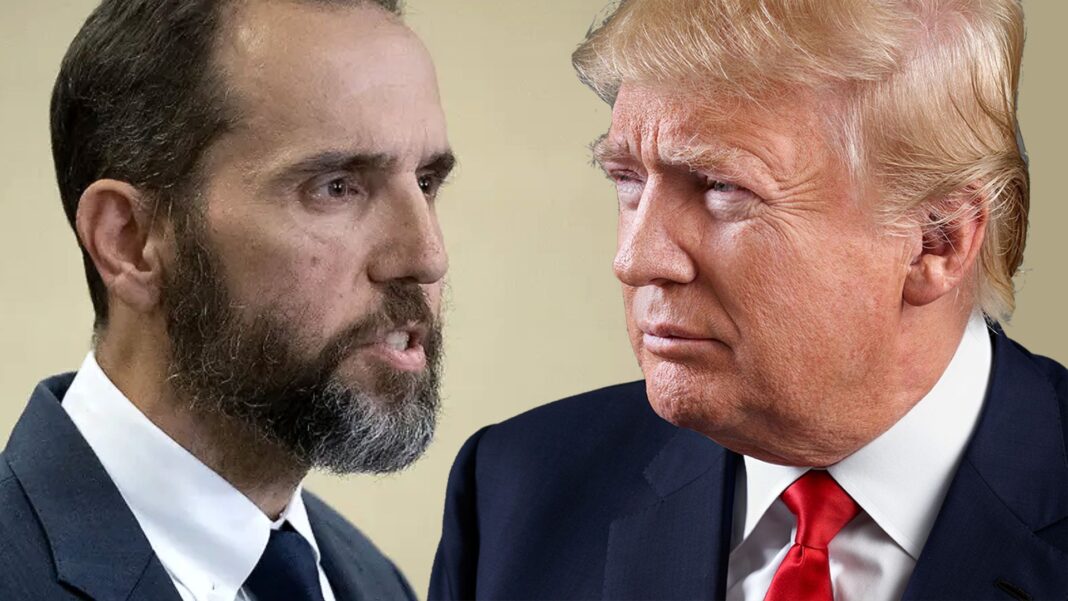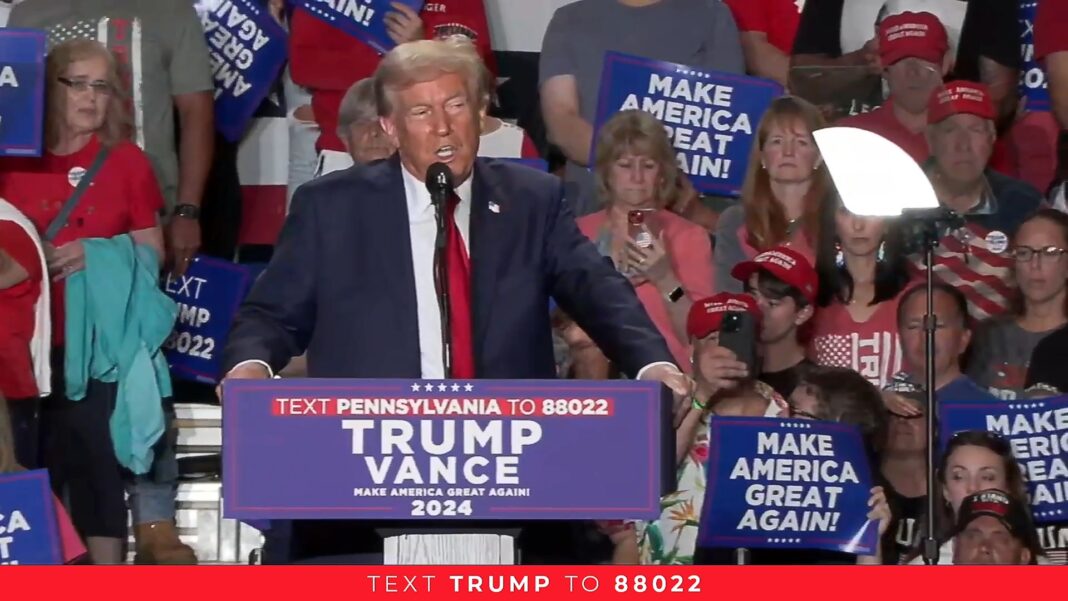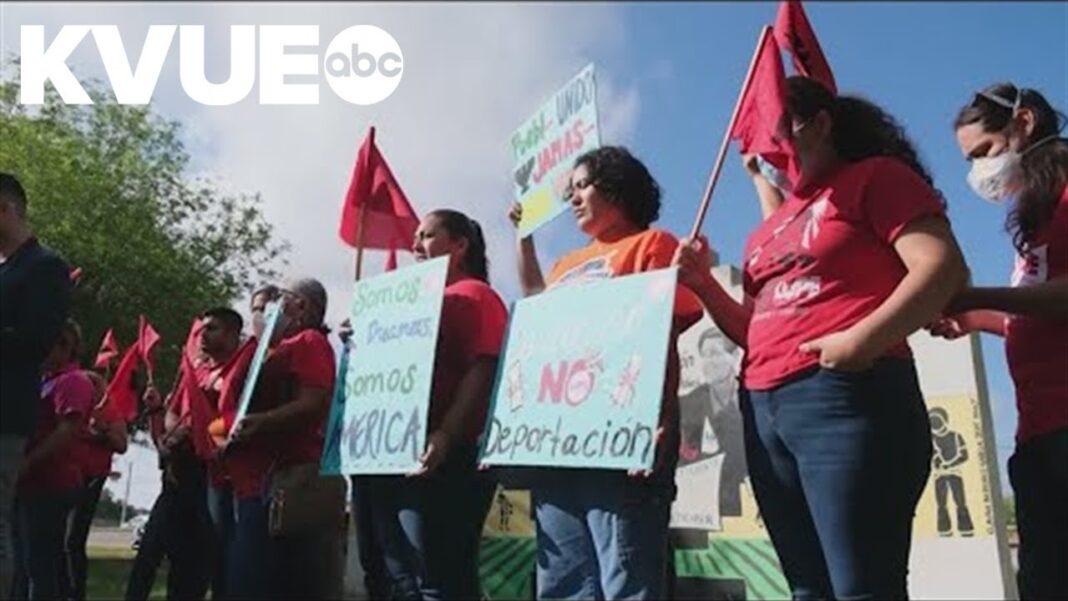The judge granted a seven day delay in the release of the redacted appendix from the legal brief challenging the former president’s immunity from prosecution.
A federal judge on Thursday approved the release of redacted evidence related to a brief filed by Special Counsel Jack Smith that disputes former President Donald Trump’s claim of immunity in his federal election case.
The redacted appendix is part of Smith’s 165-page brief, which argued that Trump can still be prosecuted for his alleged criminal scheme to overturn the 2020 election, despite the U.S. Supreme Court ruling that presidents enjoy some criminal immunity for official acts.
The brief accused the former president of organizing “fraudulent electors,” lying to state officials and attempting to pressure former Vice President Mike Pence not to certify the election in his role as president of the U.S. Senate.
The special counsel’s brief maintained that none of the allegations in the indictment were protected by presidential immunity and that “at its core, the defendant’s scheme was a private one.”
In her order, U.S. District Judge Tanya Chutkan said the prosecutors’ proposed redactions to the brief’s appendix “are appropriate” and that Trump’s lawyers had identified “no specific substantive objections to particular proposed redactions.”
Chutkan said the defense’s blanket objections to further unsealing were without merit and that concerns with the political consequences of the case proceedings were “not a cognizable legal prejudice.”
The judge granted Trump’s request for a stay on the decision, pausing the release for seven days to allow the defense to “evaluate litigation options,” according to the two-page order.
Trump had earlier opposed the release of the redacted appendix and requested that the court grant a stay for a reasonable period if it decided to approve the release.
“There should be no further disclosures at this time of the so-called ‘evidence’ that the Special Counsel’s Office has unlawfully cherry-picked and mischaracterized—during early voting in the 2024 Presidential election—in connection with an improper Presidential immunity filing that has no basis in criminal procedure or judicial precedent,” Trump’s lawyers stated in an Oct. 10 court filing.







